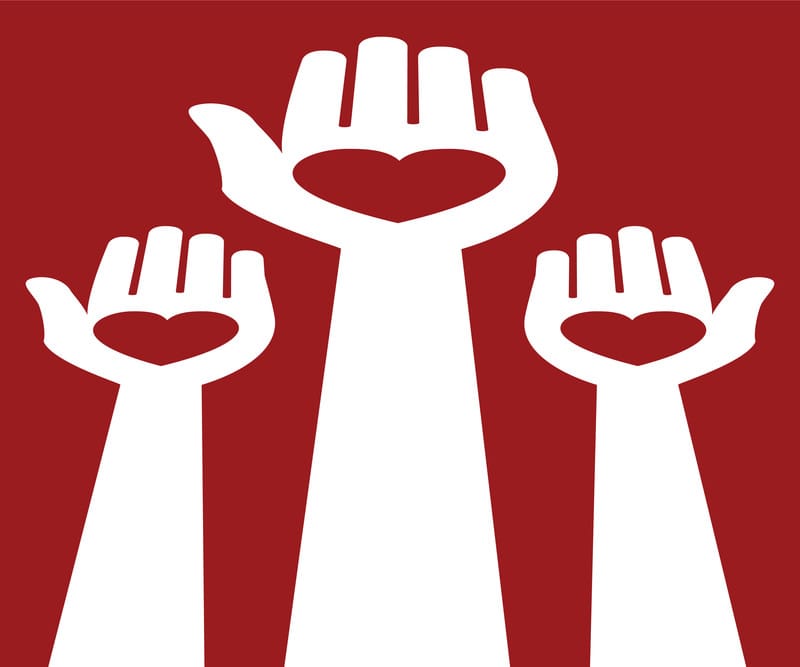The Deserving Paradox
There’s a memetic paradigm in Western culture that’s always confused me, and the more I research into it, the deeper my confusion gets.

There's a memetic paradigm in Western culture that's always confused me, and the more I research into it, the deeper my confusion gets. It's all wrapped up in three words: They deserve this. It doesn't matter what the 'this' is, nor the person who deserves it. Whether it be punishment or reward, it's always deserved somehow.
Millionaires and Billionaires apparently deserve their wealth and sell the Bootstrap myth - pulling themselves up by their bootstraps - when they clearly had an advantageous beginning. Whatever privilege they have at whatever starting block they get is invisible. They deserve success.
Those trapped in an economic oubliette, plagued by debts, bills, and constantly living from paycheque to paycheque somehow 'deserve' their fate for assorted reasons. The people selling this idea use a plethora of them, ranging from 'survival of the fittest' through laziness and a form of unfathomable stupidity.
Women who are raped or otherwise abused apparently 'deserve' it because... because they dressed indecently, because they were out after dark, because they must have angered their partner, because, because, because. They have a thousand or more reasons why the victim deserved it. [Men who are raped or otherwise abused are a completely different memetic district, but they apparently deserve it as turnabout for the rest of their gender. That's wrong on so many levels, but I would digress. Another blog entry for another time.]
Parents of disabled children apparently deserve hero status for putting up with disabled kids. There's a strong element of sympathy when a parent murders their disabled child, and the media plays up the heroic angle on the parent every single time. Nobody asks if, maybe, the family of the disabled child or the child themself deserved something more in the way of support before the death could occur...
Proponents of the 'survival of the fittest' not only continually get the theory of evolution wrong [another rant for another blog...] but also ignore historical evidence that a callous lack of empathy is a very modern fad. At least, talking about the pre-agricultural era, which is much longer than post-farming culture.
Then there's the philosophy of rewards. We tell ourselves things like, "I've had a long, hard day, I deserve a treat." We seem to believe that treats are frivolous anti-necessities. Like our emotional fortitude is something we should ignore. We call deviations from diets 'sinful' and often give ourselves penance in the form of extra exercise for having a little moment of bliss.
How did we get like this? How did we reach the cultural conclusion that success is the sign of favour from above rather than the compound effects of privilege? How did we reach the point where someone who holds five jobs is lazy whilst someone who had a million-dollar trust fund pulled themselves up by their bootstraps? How did we reach the conclusion that a victim of convenience deserved to become a victim when the finger should be pointing at the perpetrator for deciding to be the aggressor?
The answer is the evolution of classism. People became kings through a certain degree of ruthlessness and savagery. Being cruel and aggressive got them power. Then they wanted to pass on this power to their children so that their name could live on. Therefore, they had to invent the Divine Right of Monarchs. That a deity or deities blessed the monarch with some also-divine power.
A Monarch can't put all their trust in one heir. Not in eras where disease is rife and any accident of fate, war, or assassins could cut the line off at any moment. Especially not in an era where contraception was dodgy at best and ineffective at worst. More than one heir made sense.
Ah, but what to do with the spares? Some decided on familliacide. Others had to dilute the divinity with processions of succession, governorship over land and so forth. The upper class had the diluted divine right to rule, put there by a rigged system and enforced by paid brutes with rules to keep the low at their lowest.
Say what you like about our modern freedoms, but the system is still rigged to favour the rich and powerful. The narrative may have changed, but the underlying story remains the same. The wealthy and powerful deserve their status, as do the poor and the powerless. The former deserve luxury, the latter deserve suffering.
This results in systems where the poor and the starving don't deserve support to have edible food, potable water, and secure shelter. What, after all, have they done to deserve it? Where poor nutrition is something the impoverished 'deserve' because they're apparently too stupid to go vegan. Where anything approaching nutrition is withheld whilst the opposite is 'sin taxed' as a punitive variant on reform.
Obviously, we're doing things wrong.
You can't make poor people work harder when they're already working every hour they can. You can't make people go vegan in a food desert. You can't force people to be good when their only environment is full of bad choices. [See my rant on the Innocent White Criminal for more on this]
If people actually desired reform, they'd work harder at it. Take empty buildings in the inner city and turn them into hydroponic/aquaponic garden facilities so the inner city areas where the working poor live also have access to fresh and healthy veggies. Use the property values of an area to decide which schools need funding, because education is the greatest weapon against poverty that we have.
Make it a retroactive crime, for example, to supply any residential zone with contaminated water. Make the contaminator responsible for the clean-up at out-of-pocket cost. Similarly, owning a building full of toxins should be criminal if the owner forces people to live there.
Of course, none of that will ever happen because the people spouting about reform aren't actually interested in reforming anything. They want to play lip service to being good and therefore 'deserving' the nice things they already have access to.

